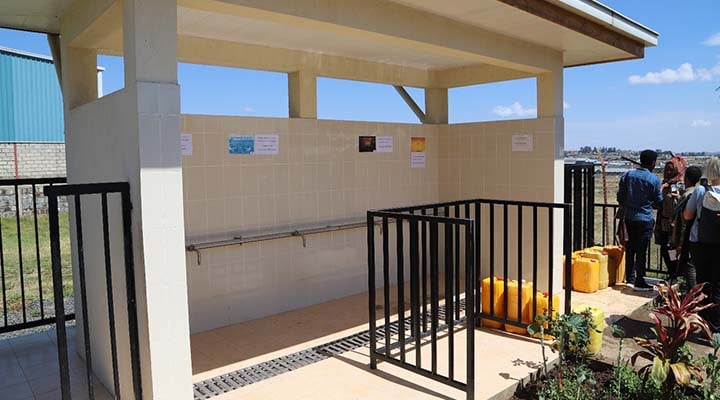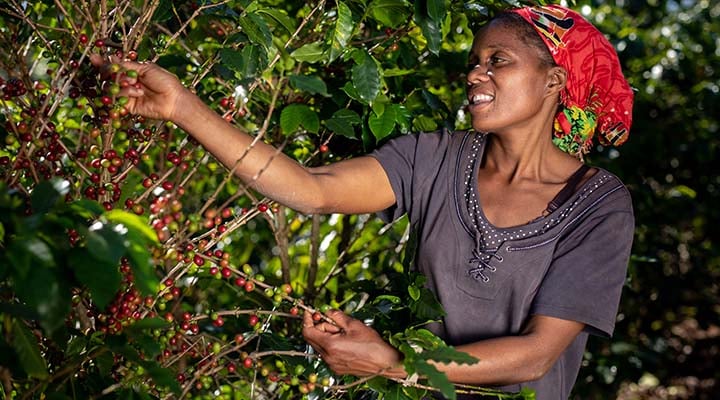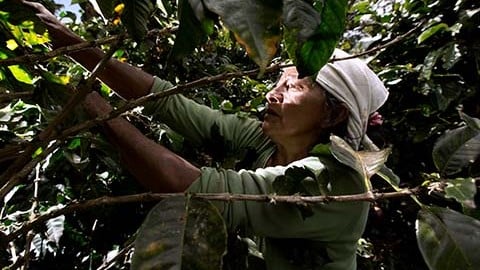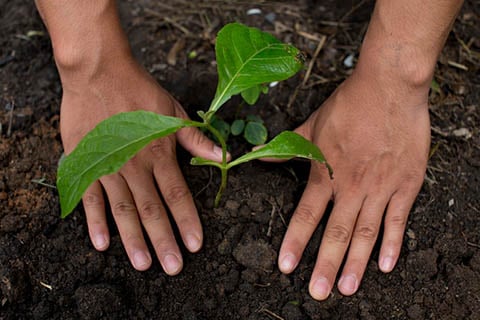Supporting dairy farmers generate their own biogas

On our journey to regeneration, we train farmers to make use of the resources available to them. Which includes manure.
We assist the construction of biogas digesters to turn cow manure into biogas so it can be repurposed for cooking as well as for lighting – and curtailing a powerful greenhouse gas in the process. This is part of a long-term partnership with Indonesian small hold dairy farmers, together with the organization HIVOS and dairy cooperatives.
Through the BIRU Biogas program, we provide training and assistance to dairy farmers to process their cow manure, to become biogas. Thanks to this training, we help prevent cow manure from being improperly disposed of. Rather, it is processed to become a source of energy to replace firewood and other energy sources and can even be shared with local neighbors. Thanks to this program, the dairy farms generate less emissions.
HIVOS research held in five provinces, including East Java, shows that biogas utilization has many benefits:
- Reduction of the utilization of fire wood (31%), LPG (17%) for cooking and kerosene
- Reduction of health problems caused by smoke on women and children including eye irritation (25%), eye infection (14%), cough (18%) and breathing disorder (10%)
- Reduction of trees cutting in the state forests, used for firewood from 12% to 3%
- Reduction of utilization of firewood gathered from trees in the farms and home yard from 78% to 55%
- Development of plant and organic fertilizer from bioslurry
- Creation of 380 new job opportunities
Data: Biogas User Survey Program BIRU 2020
A long-term partnership
Our partnership with dairy farmers in East Java began in 1975 when Nestlé first purchased 160 litres of fresh milk from dairy cooperative SAE Pujon. The partnership has gone from strength to strength for over 45 years and involved about 27,000 dairy farmers. 8,200 biogas digesters have already been installed, allowing family farmers to generate their own energy. We hope to continue to train more and more farmers to help support livelihoods and the protection of the environment for generations to come.








